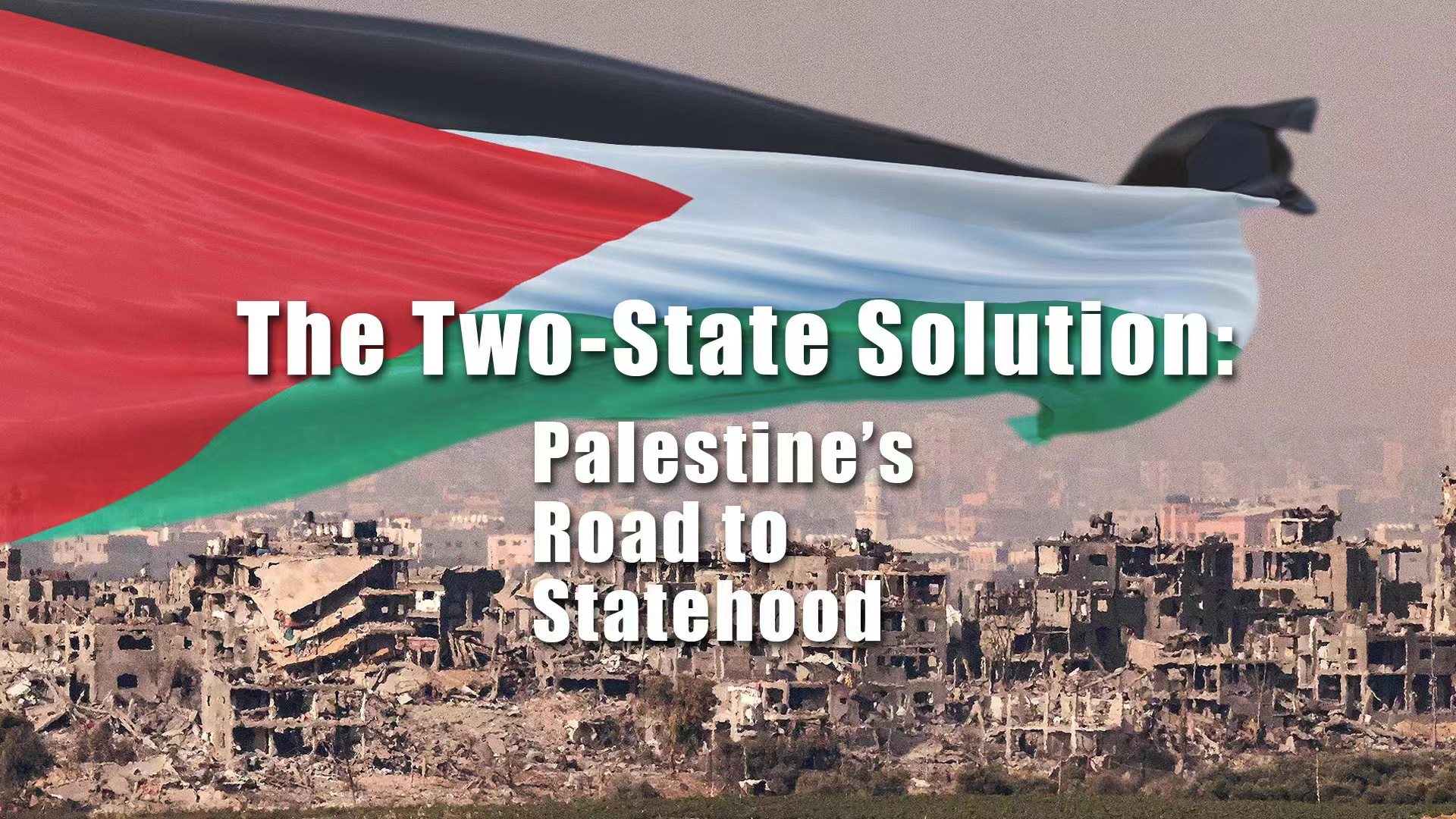Geography, politics in way of statehood for Palestine
The Hindu, Sep 27, 2025
 Key Arguments
Key Arguments
-
Historical Context of Palestine’s Statehood Demand
○ The UN’s 1947 Partition Plan proposed separate Jewish and Arab states, with Jerusalem as an international city.
○ This collapsed after the 1948 Arab-Israeli war, confining Palestinians mainly to the West Bank and Gaza. -
Challenges to Statehood
○ Israeli settlements in the West Bank have fragmented Palestinian geography, undermining territorial continuity.
○ The internationally recognized 1967 borders (West Bank, Gaza, East Jerusalem) remain disputed.
○ Settlement expansion, security walls, and checkpoints have physically divided Palestinian territories. -
Security and Demographic Realities
○ Nearly 500,000 Israeli settlers live in West Bank settlements, considered illegal under international law.
○ Palestinians face restrictions on movement and economic activity, increasing dependency and vulnerability. -
Political Complexities
○ Multiple peace proposals have collapsed due to mistrust and shifting geopolitics.
○ Hamas in Gaza and the Palestinian Authority in the West Bank reflect a divided polity.
○ Israel’s security concerns and US support hinder recognition of Palestinian statehood. -
Moral, Social, and Psychological Dimensions
○ Cycles of violence deepen radicalization on both sides.
○ Civilian suffering sustains mistrust and fuels extremism.
Author’s Stance
● Sympathetic towards the Palestinian cause, highlighting barriers created by Israeli settlements and geopolitics.
● Emphasises the moral urgency of addressing Palestinian suffering while acknowledging Israel’s security concerns.
Possible Biases
● Anti-Israel tilt – portrays Israel as the main obstacle, underplaying internal Palestinian divisions.
● Limited focus on Hamas militancy and Arab states’ shifting priorities.
● More emphasis on obstacles than constructive pathways forward.
Pros
● Provides historical clarity on the 1947 partition plan and its failure.
● Highlights geographical fragmentation as a core barrier to statehood.
● Links settlement expansion with sovereignty challenges.
● Brings out humanitarian aspects of violence and civilian suffering.
Cons
● Underplays Palestinian leadership failures and internal divisions.
● Limited engagement with regional geopolitics (Arab-Israel normalization, Iran’s role).
● More focus on problems than solutions or alternatives.
Policy Implications
1. For India (GS Paper II – International Relations):
○ India balances historical support for Palestine with growing ties to Israel.
○ Instability in Palestine undermines Middle East stability, affecting India’s energy security and diaspora.
2. For Global Politics:
○ Settlement expansion contradicts international law (UN resolutions, ICJ opinions).
○ The two-state solution is becoming unviable, sparking debates on confederation or one-state with equal rights.
Real-World Impact
● Palestinians – Increasing socio-economic deprivation, political disenfranchisement, humanitarian crisis.
● Israelis – Continued security risks from radical groups, rising global criticism.
● Middle East stability – Spillovers into Lebanon, Syria, and Iran-Israel tensions.
● Global South – Stronger calls for UN reforms and equal application of international law.
Relevance to UPSC GS Papers
● GS Paper I – Post-colonial state formation, geography of conflict regions.
● GS Paper II – India’s foreign policy, UN, international law, global governance.
● GS Paper III – Security challenges impacting development and economy.
● GS Paper IV – Ethics of justice, humanitarian concerns, dilemmas in international politics.
Balanced Summary and Future Perspectives
The Palestinian statehood issue reflects the clash between historical aspirations and modern geopolitical realities. While humanitarian suffering and territorial fragmentation highlight the urgency of resolution, deep divisions, Israeli security concerns, and shifting Arab priorities hinder progress.
Future Outlook:
● Renewed international mediation to revive or reframe the two-state solution.
● Greater emphasis on Palestinian political unity as a precondition for negotiations.
● International community must balance Israel’s security concerns with Palestinians’ right to sovereignty.
● For UPSC, the issue links directly to international law, foreign policy dilemmas, and ethical governance.
